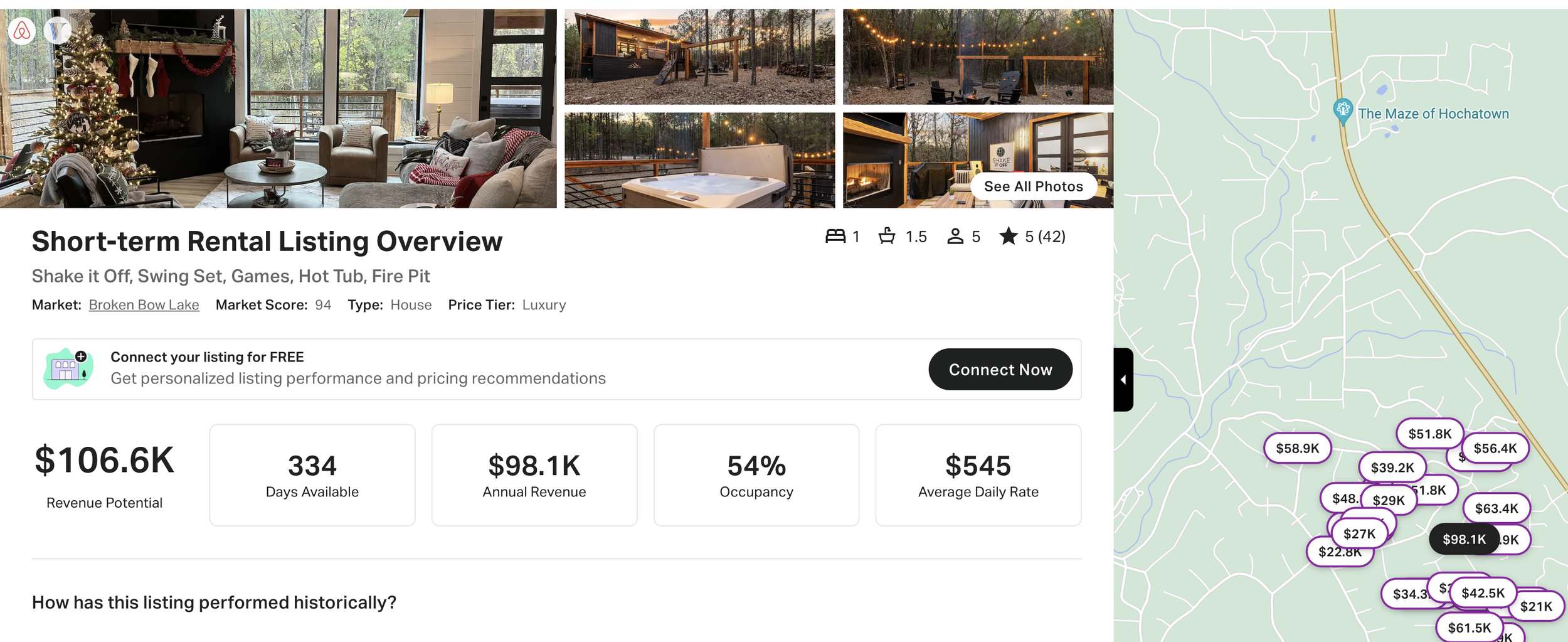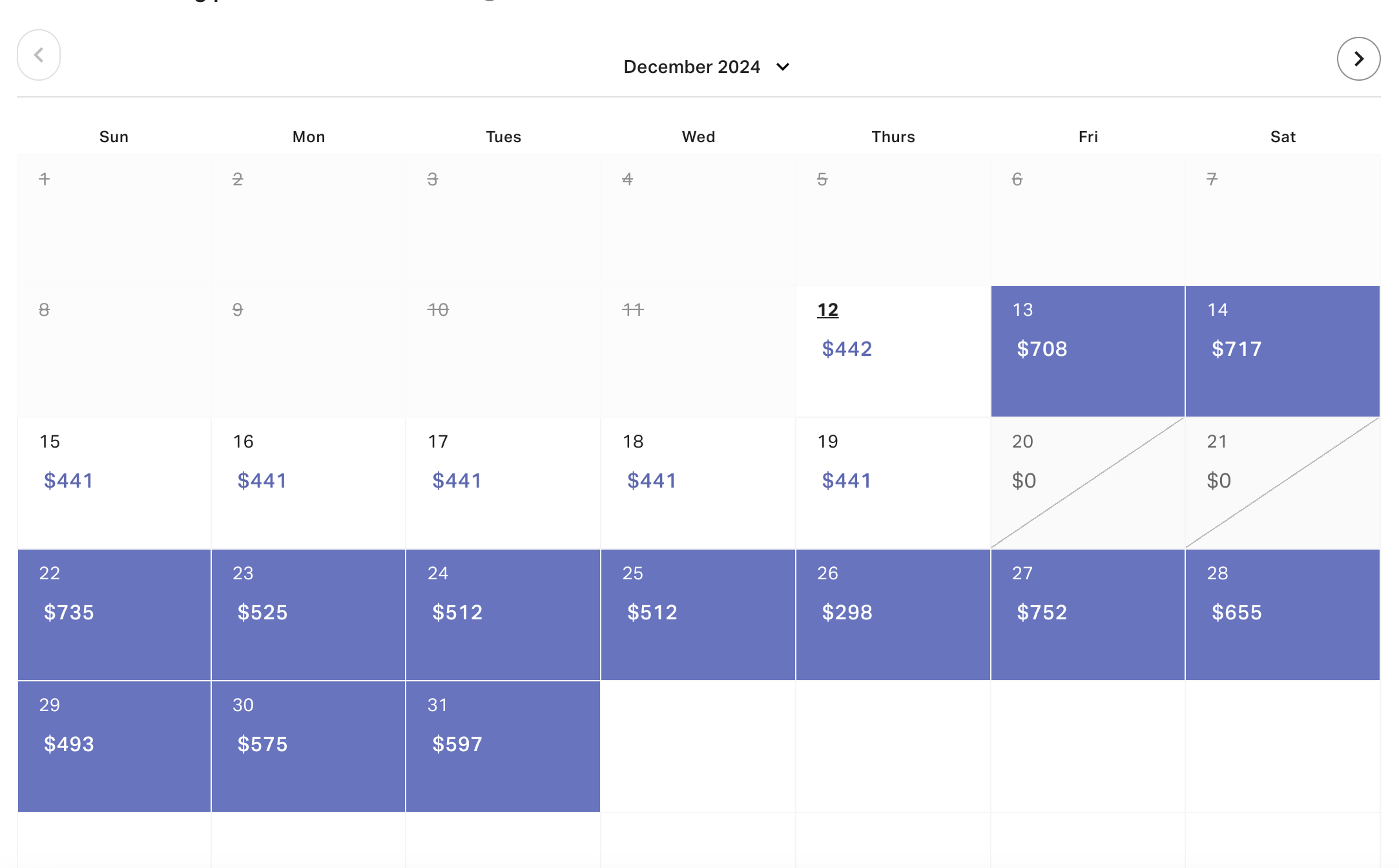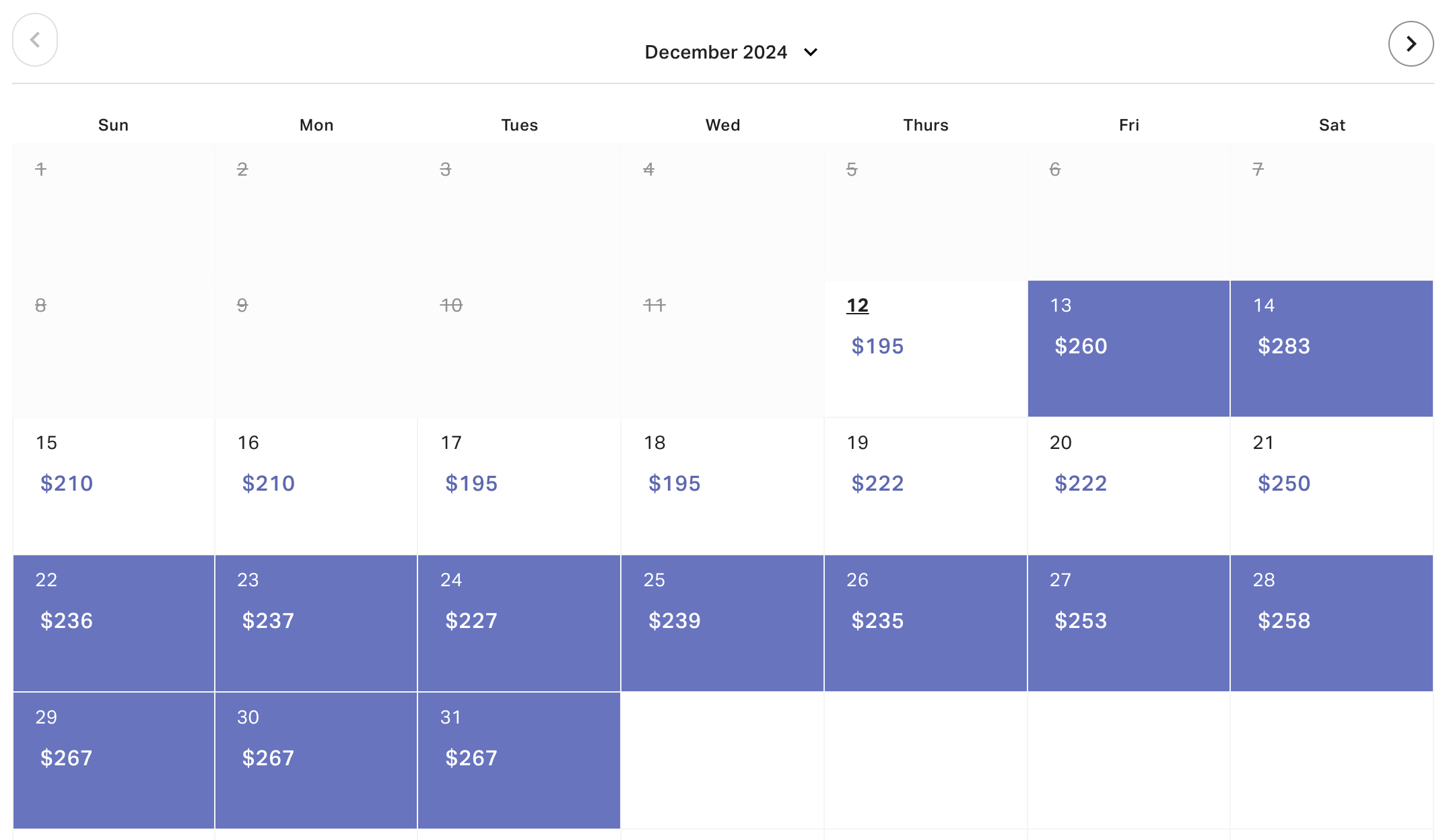How to Handle Problem Tenants: A Guide for Landlords
Handling problem tenants effectively is crucial for maintaining a positive rental experience and protecting your investment. This guide provides actionable strategies for resolving conflicts and fostering a harmonious landlord-tenant relationship.
Strategies for Handling Problem Tenants
1. Thorough Tenant Screening
Preventing issues begins with a comprehensive tenant screening process. This includes:
Background Checks: Conduct credit checks, verify employment, and review rental history to identify potential risks.
Reference Checks: Contact previous landlords to assess the applicant's reliability and past behavior.
2. Clear Lease Agreements
Draft detailed lease agreements that clearly outline tenant responsibilities, rent payment terms, and consequences for lease violations. This helps prevent misunderstandings and provides a basis for resolving disputes.
3. Effective Communication
Maintain open and respectful communication with tenants to address concerns promptly. Regular check-ins can help resolve issues before they escalate.
4. Conflict Resolution Strategies
Identify the Issue: Understand the root cause of the problem, whether it's financial difficulties or behavioral issues.
Mediation: Consider mediation to resolve disputes amicably and avoid legal action.
Document Everything: Keep detailed records of all interactions and agreements to ensure clarity and compliance with legal requirements3.
5. Legal Recourse
If necessary, seek legal advice to ensure compliance with local laws and regulations. This may involve filing for eviction as a last resort.
Maintaining a Positive Rental Experience
1. Incentives for Good Behavior
Offer incentives for timely rent payments or property maintenance to encourage positive tenant behavior1.
2. Regular Inspections
Conduct routine inspections to ensure property condition and address any maintenance issues promptly5.
3. Education and Guidance
Provide tenants with a comprehensive guide to community rules and expectations to foster a respectful living environment1.
Summary
Handling problem tenants requires a proactive approach that includes thorough screening, clear communication, and effective conflict resolution strategies. By implementing these measures, landlords can maintain a positive rental experience while protecting their investment.
FAQs
Q: How can I prevent issues with tenants before they start?
A: Conduct thorough tenant screening, draft clear lease agreements, and maintain open communication to prevent misunderstandings and potential.
Q: What are common issues with problem tenants?
A: Common issues include late or non-payment of rent, property damage, noise complaints, unauthorized occupants or pets, and lease violations.
Q: How should I handle chronic complainers?
A: Listen to their concerns, document all interactions, and set clear boundaries based on the lease agreement. Regular check-ins can help address legitimate issues promptly.
Q: When should I consider eviction?
A: Eviction should be a last resort. Explore mediation and legal advice before proceeding with eviction to ensure compliance with local laws and regulations.






